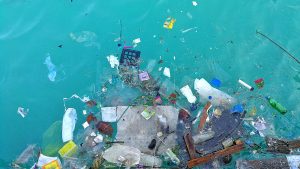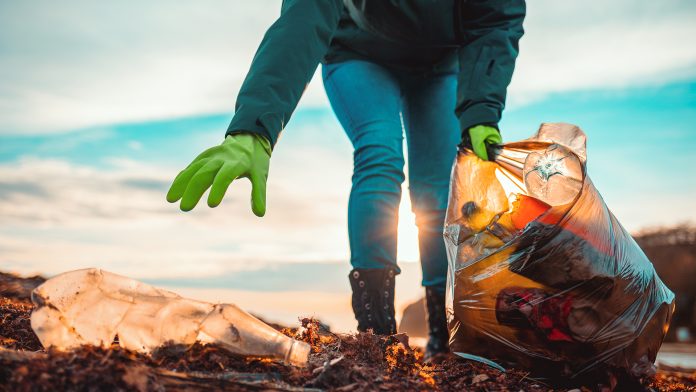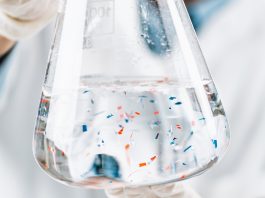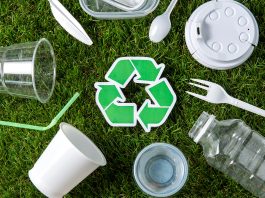Volunteer clean-ups have resulted in almost nine tonnes of marine litter being cleared from beaches across the Seychelles.
The marine litter clean-up has been described by researchers as a powerful demonstration of the potential of citizen science.
More than 1,220 volunteers were recruited to clear 52 beaches on ten islands at various points between June 2019 and the end of July 2023.
In that time, they surveyed around 930,000m2 of beaches, with volunteers picking up marine litter ranging from foam and rubber to metals and plastics.
In total, the clean-ups resulted in the retrieval of 6,135kg of non-plastic debris and 2,835kg of plastic, such as food packaging, plastic bottles and more weathered items that had originated offshore.
In some locations, the volunteers recorded much of the marine litter as having been generated locally. However, in others, up to 75% of the items were found to have been transported from elsewhere.
The findings have been detailed in a study published in Marine Pollution Bulletin, led by the University of Plymouth and the environmental organisation Parley for the Oceans.
Marine litter on the Seychelles and the problems it brings
The Seychelles, at the heart of the Indian Ocean, consists of more than 115 islands with a combined population of about 100,000 people.
These numbers increase each year by a considerable influx of tourists to the region.
Waste material is also transported onto the islands’ beaches by ocean currents. It is then trapped by vegetation, which is where much of the marine litter highlighted in the study was found.
This research is the latest by the University of Plymouth to examine the global threat posed by plastic pollution, but also some of the solutions being developed to address it.

In 2019, it was awarded a Queen’s Anniversary Prize in recognition of its pioneering research on microplastic pollution in the ocean, its impact on the environment, and its changing behaviour.
Dr Andrew Turner, Associate Professor in Environmental Sciences and the study’s corresponding author, said: “As is often the case with environmental pollution, this is a clear example of waste generated in one place having significant impacts elsewhere.
“The quantity of litter collected during the beach cleans is astounding and a testament to the efforts of citizen scientists living and working in the Seychelles.”
The power of humans in solving the plastic pollution problem
The researchers say the study demonstrates some of the challenges facing island communities when it comes to managing marine litter and plastic waste, but also the role local people can play in helping to address the problem.
Alvania Lawen, a BSc Environmental Management and Sustainability student at the University and Seychelles country manager for Parley for the Oceans, is the study’s lead author.
She explained: “This study, and the years of work that led to it, highlight the potential of citizen science and the positive impacts it can have.
“As an islander myself, I know how people living in the Seychelles rely on the ocean for every part of their lives. But because we are a collection of remote islands, there are challenges in managing plastic waste, and we also have to deal with large quantities of items coming from elsewhere.
“Initiatives such as the beach clean-ups give people the opportunity to be part of the solution and to tell their own stories about how they are being impacted by environmental issues.”
Dr Turner added: “With climate change anticipated to increase the quantity and severity of storm surges, and plastic and other waste being generated in increasing quantities, items will continue to wash up on the beaches unless other, highly populated and industrialised Indian Ocean nations engage in more sustainable waste management.”









